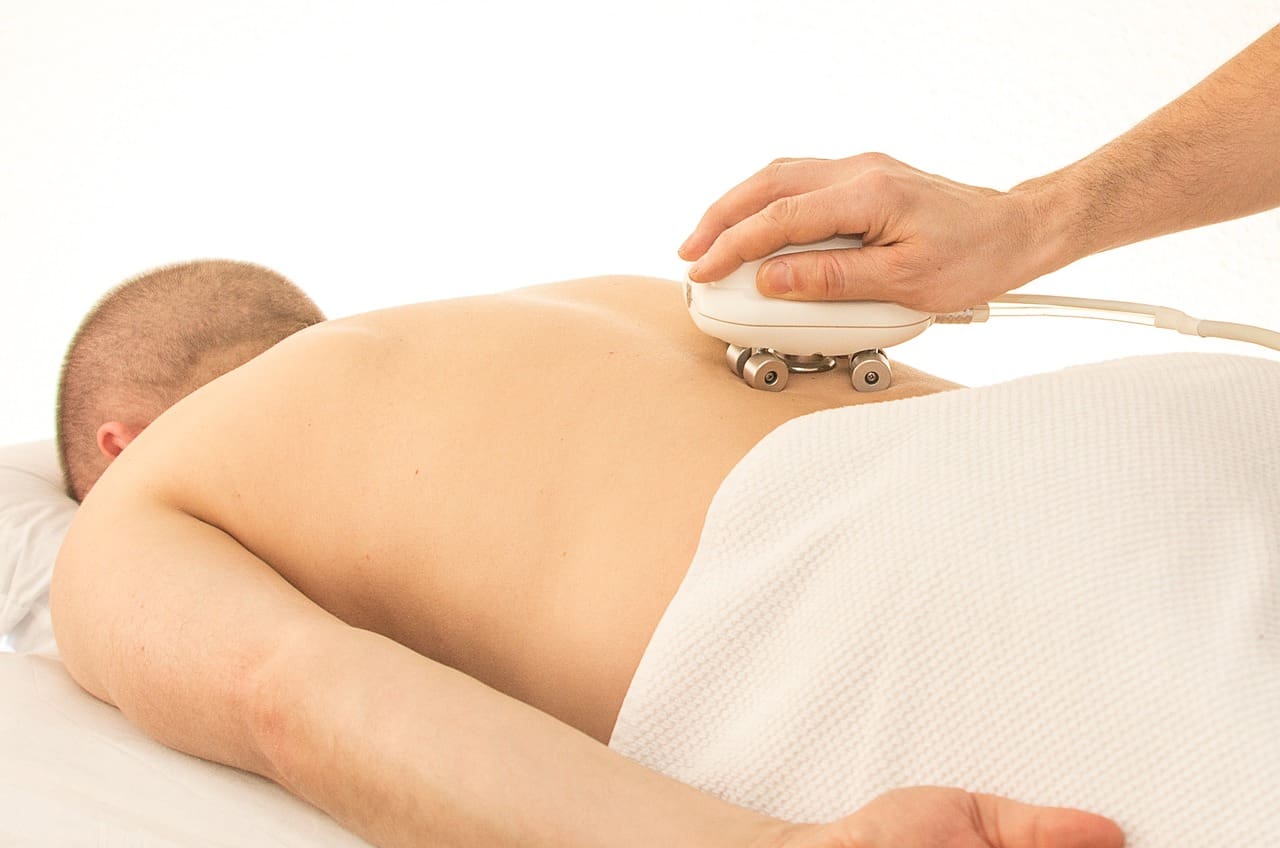Advocating For Workplace Accommodations With Disc Protrusion
Have you been diagnosed with disc protrusion or a similar spinal condition? Are you finding it challenging to navigate your work environment due to the symptoms you are experiencing? It is important for you to advocate for yourself and request workplace accommodations that can make your job more manageable. In this article, we will discuss how to advocate for workplace accommodations with disc protrusion, the types of accommodations that may be helpful, and how to communicate effectively with your employer about your needs.
Understanding Disc Protrusion
Disc protrusion, also known as a herniated disc, occurs when the gel-like center of a spinal disc pushes through a tear in the outer layer of the disc. This condition can cause pain, numbness, tingling, and weakness in the affected area. It can also lead to difficulty with mobility and physical tasks. Understanding the specific symptoms and limitations that disc protrusion can cause is crucial in determining the accommodations you may need in the workplace.
What are the Symptoms of Disc Protrusion?
Symptoms of disc protrusion can vary depending on the location of the herniated disc and the severity of the condition. Common symptoms include:
- Sharp or shooting pain in the back, neck, arms, or legs
- Numbness or tingling in the extremities
- Muscle weakness
- Difficulty with balance or coordination
If you are experiencing any of these symptoms, it is important to consult with a healthcare provider for an accurate diagnosis and treatment plan. Understanding your specific symptoms will help you communicate effectively with your employer about the accommodations you need.

Advocating for Workplace Accommodations
Advocating for workplace accommodations with disc protrusion involves communicating openly and effectively with your employer about your condition and how it affects your ability to perform your job duties. It is important to approach these conversations with a positive and solution-focused mindset. Here are some steps you can take to advocate for yourself in the workplace:
Know Your Rights
As an employee with a medical condition, you are protected under the Americans with Disabilities Act (ADA). This law prohibits discrimination against individuals with disabilities and requires employers to provide reasonable accommodations to qualified employees. Familiarize yourself with your rights under the ADA and be prepared to discuss them with your employer.
Request a Meeting with HR or Your Supervisor
Schedule a meeting with your human resources department or supervisor to discuss your condition and the accommodations you need to perform your job effectively. Be prepared to provide documentation from your healthcare provider, such as a doctor’s note or medical records, to support your request.
Be Specific About Your Needs
When requesting accommodations, be specific about the types of modifications that would help you in the workplace. This could include ergonomic furniture, modified work hours, assistive technology, or a flexible work schedule. Clearly articulate how these accommodations will improve your ability to perform your job duties.
Collaborate on a Plan
Work with your employer to develop a plan for implementing the accommodations. This may involve making changes to your work environment, adjusting your workload, or providing additional support. Collaborating with your employer will help ensure that the accommodations are effective and meet your needs.
Follow Up Regularly
Once accommodations have been put in place, follow up regularly with your employer to assess their effectiveness and make any necessary adjustments. Stay in communication with your supervisor and HR department to address any concerns or issues that may arise.

Types of Workplace Accommodations
There are various types of workplace accommodations that can help individuals with disc protrusion perform their job duties effectively. Here are some examples of accommodations that may be beneficial:
| Accommodation | Description |
|---|---|
| Ergonomic Chair | Provides support for the lower back and promotes proper posture |
| Height-Adjustable Desk | Allows for changes in position throughout the day to reduce strain on the spine |
| Voice Recognition Software | Enables hands-free operation of a computer for individuals with limited mobility |
| Flexible Work Schedule | Allows for breaks or modifications to work hours as needed |
| Job Restructuring | Modifies job duties or assignments to accommodate physical limitations |
| Telecommuting | Allows for remote work from home to reduce the need for commuting and physical strain |
Discussing these accommodations with your employer and explaining how they can benefit you in the workplace is key to securing the support you need to perform your job effectively.

Communicating Effectively with Your Employer
Effective communication with your employer is essential in advocating for workplace accommodations with disc protrusion. Here are some tips for communicating effectively with your employer about your condition and accommodations:
Be Open and Honest
Be honest with your employer about your condition, symptoms, and limitations. Open communication will help your employer better understand your needs and provide the support you require.
Provide Documentation
Provide documentation from your healthcare provider to support your request for accommodations. This could include a doctor’s note, medical records, or a written treatment plan. Documentation will help validate your need for accommodations and ensure that your employer takes your request seriously.
Focus on Solutions
Approach discussions with your employer from a solution-focused mindset. Rather than focusing on the challenges your condition presents, highlight the accommodations that will help you overcome these challenges and perform your job effectively.
Listen to Feedback
Listen to any feedback or concerns that your employer may have about your request for accommodations. Be willing to engage in a constructive dialogue and collaborate on finding solutions that work for both parties.
Follow Up Regularly
Follow up regularly with your employer to ensure that the accommodations are meeting your needs and address any issues that may arise. Keeping the lines of communication open will help you maintain a positive and productive working relationship.

Conclusion
Advocating for workplace accommodations with disc protrusion is essential in ensuring that you can perform your job duties effectively and maintain your overall well-being. By understanding your rights, communicating openly with your employer, and requesting specific accommodations, you can create a work environment that supports your needs and allows you to thrive. Remember that your health and well-being are a top priority, and advocating for yourself in the workplace is an important step in ensuring that your needs are met.

